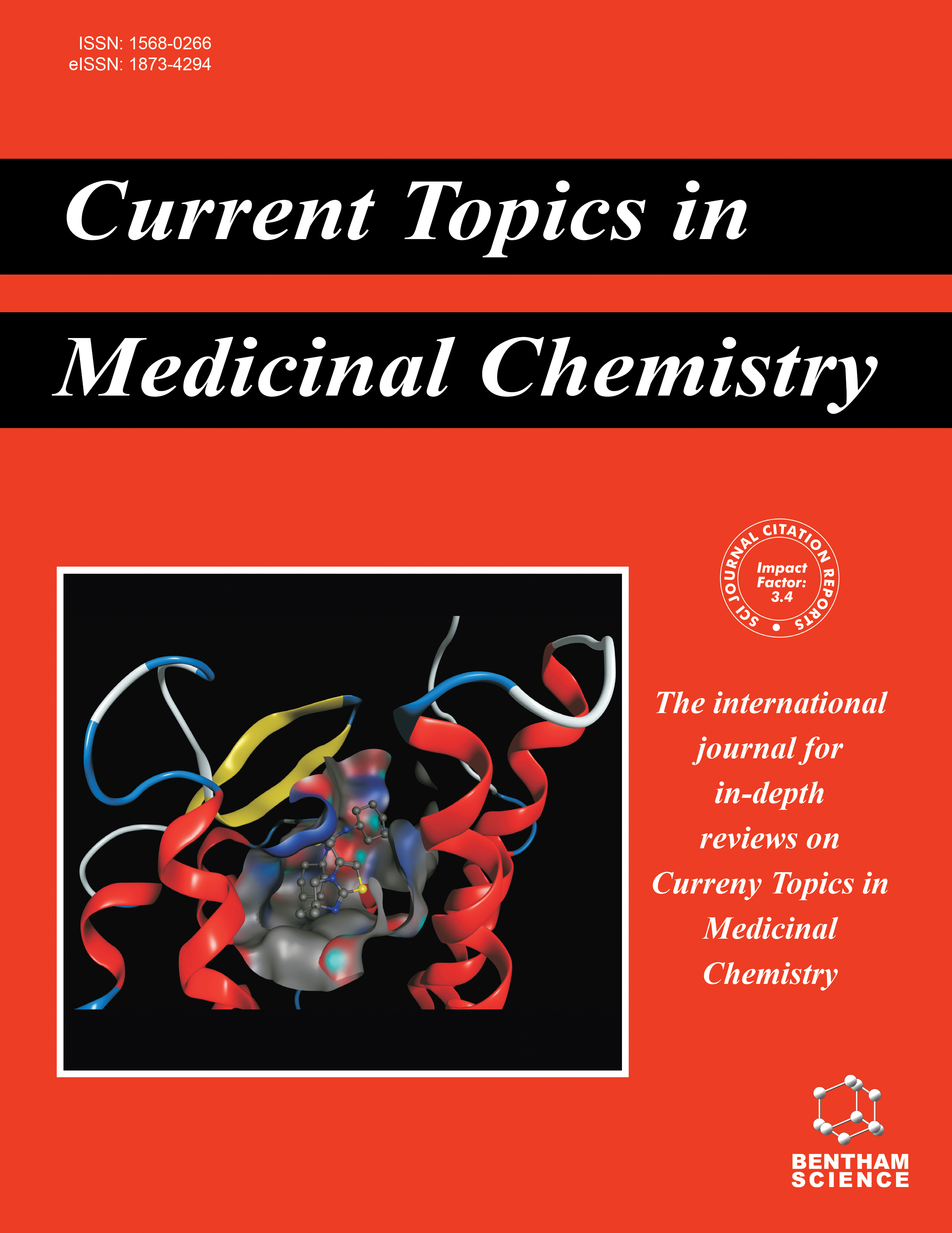-
s Tyrosine Kinase Inhibitors for the Treatment of Rheumatoid Arthritis
- Source: Current Topics in Medicinal Chemistry, Volume 13, Issue 6, Mar 2013, p. 760 - 773
-
- 01 Mar 2013
Abstract
Tyrosine kinases (TK) are enzymes capable of transferring phosphate groups to tyrosine residues in cytoplasmic proteins or the intracellular domains of transmembrane receptors. TK play critical roles in diverse biological functions including cellular processes such as adhesion, motility, proliferation, cell cycle control, cell death, as well as biological functions at the whole-organism level such as growth and development, metabolism or immune defense. TK inhibitors including spleen TK (fostamatinib) and Janus kinases (tofacitinib) inhibitors are two novel oral therapies that have demonstrated short-term good clinical responses in active rheumatoid arthritis patients with and inadequate responses to methotrexate or other traditional (non-biologic) disease-modifying antirheumatic drugs (DMARDs). Those responses are comparable to responses rates from pivotal trials of TNF inhibitors. TK inhibitors are generally well tolerated but not free of adverse effects. Several side effects had been described including gastrointestinal symptoms, neutropenia, hypertension, elevated liver function test and lipid alterations among others. Owing to the limited duration of follow-up of patients treated with TK inhibitors, the long term safety profile of these drugs are unknown.


